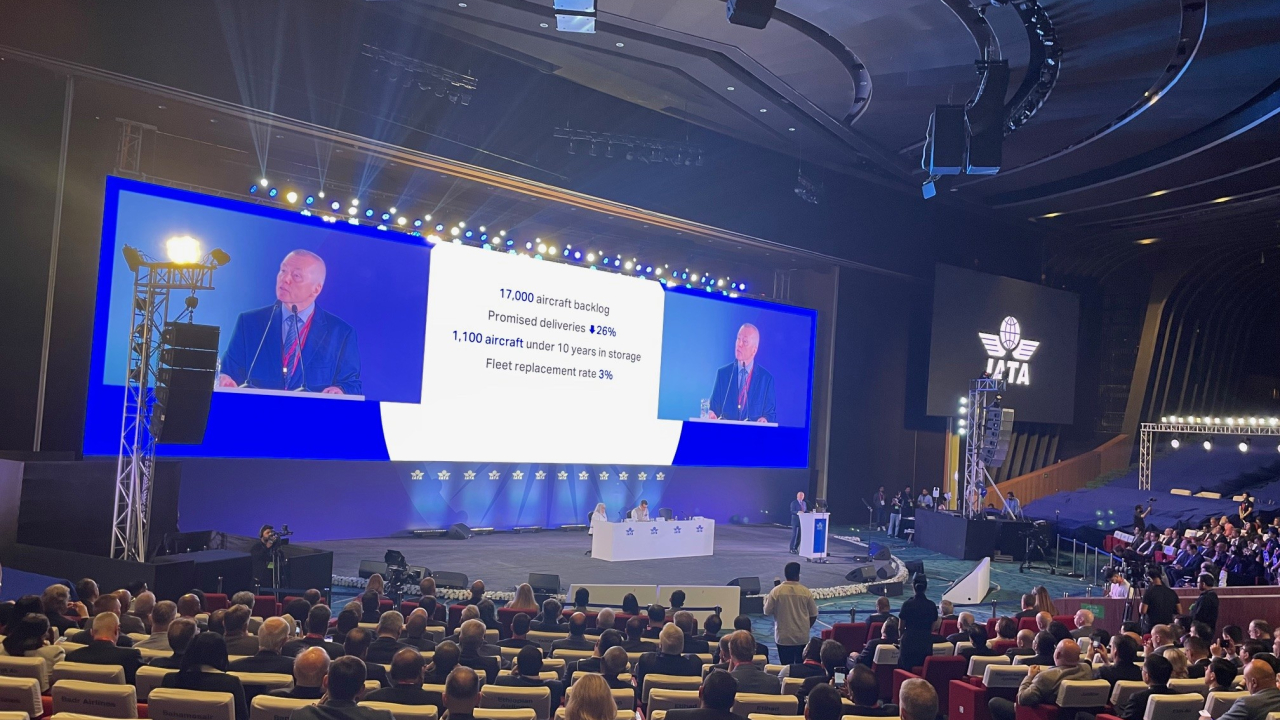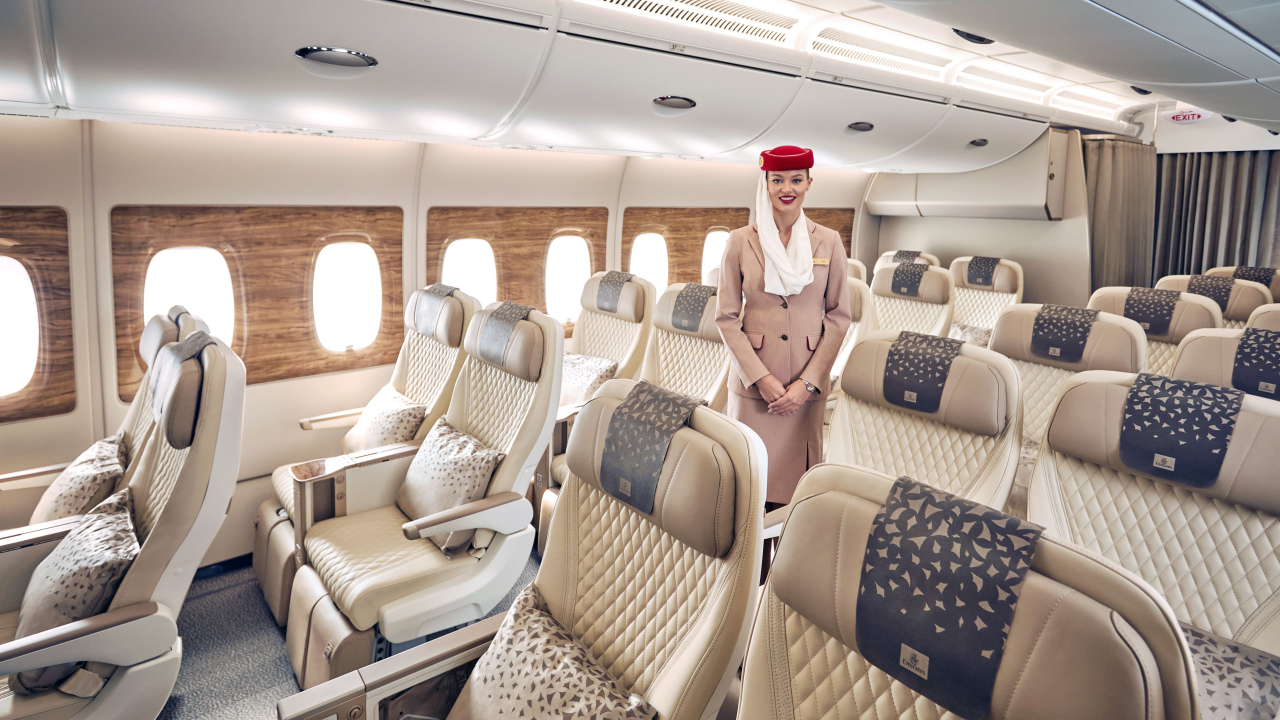IATA: Trade barriers destroy wealth, sustainability efforts must speed up
IATA issued a clear warning about the negative consequences of trade barriers and tariffs. Jens Flottau reports from Delhi.

IATA director general Willie Walsh said at the association’s annual general assembly in Delhi that “like all forms of connectivity, flying makes the world more prosperous.
IATA director general Willie Walsh said at the association’s annual general assembly in Delhi June 2 that “like all forms of connectivity, flying makes the world more prosperous. That stands in contrast to isolationism, trade barriers and the fragmentation of the multi-lateral rules-based system. These destroy wealth and lower living standards. For the times we live in, this is an important message.”
Airlines are going to be impacted by a slowing global economy as many players take a wait-and-see attitude as trade conflicts are playing out, experts warned. There is a lot of holding a breath – the global economy starts to slow down.
“There is a lot of holding your breath – so the global economy starts to slow down,” Andrew Staples Principal, GeoPol Asia, told the IATA AGM. “Student tourism, tourism, business travel – there is a lot of risk around this.”
The uncertainty and quick changes of U.S. trade policy “creates a paralysis”, Henry Wilkinson, Chief intelligence Officer at Dragonfly, said.
Separately, IATA urged the industry to accelerate sustainability efforts as the roll-out of sustainable aviation fuels (SAF), air traffic control and fleet modernisation have been falling behind.
“By the time we meet next year, we must be able to show more progress,” Walsh said. “And by “we”, I mean all the aviation industry and governments who are joined in a common commitment to net zero by 2050.”
IATA has been studying the feasibility of SAF targets, with fuels delivering 65% of planned carbon mitigation in 2050, and has come to the conclusion that there is “more than enough” feedstock for the amounts needed, yet production capacity expansion is lagging.
SAF production is expected to double to 2 million tons in 2025, but that represents only 0.7% of fuel demand. Walsh criticised that governments are not creating “supportive policy frameworks”, that U.S. tax credits that were supposed to support production ramp-up “are now uncertain” and that major energy companies such as Shell and BP have cut back on investment plans.
Also, Walsh pointed out that in his view government support for CORSIA, the global offset scheme, has weakened and that the EU mandate of 2% SAF that is in place now has raised costs, but not production.
“It’s an outrage that suppliers are charging airlines compliance fees that value SAF at double its market premium over conventional jet fuel,” said Walsh. “That’s a billion-dollar windfall for fuel suppliers. This is the EU great green scam.”
Walsh also blasted manufacturers and the supply chain for constant delays.
“The manufacturing sector is failing badly”, he said. Deliveries are down 26% this year versus prior promises, 1,100 aircraft under ten years are in storage and lead times between order and delivery can not be 14 years. “It is just not acceptable that it should take until the end of the decade” for supply chain issues to be sorted out.The average fleet age has risen from 13 to 15 years, according to IATA, as airlines hold on to ageing aircraft longer to ensure they have sufficient capacity.
“This is not where we should be in 2025,” Walsh said. “We have a quarter century to get to net zero. There is no time for delay and no tolerance for government greenwashing and unnecessary cost increases. We need urgent actions.”
Stay up to date
Subscribe to the free Times Aerospace newsletter and receive the latest content every week. We'll never share your email address.

